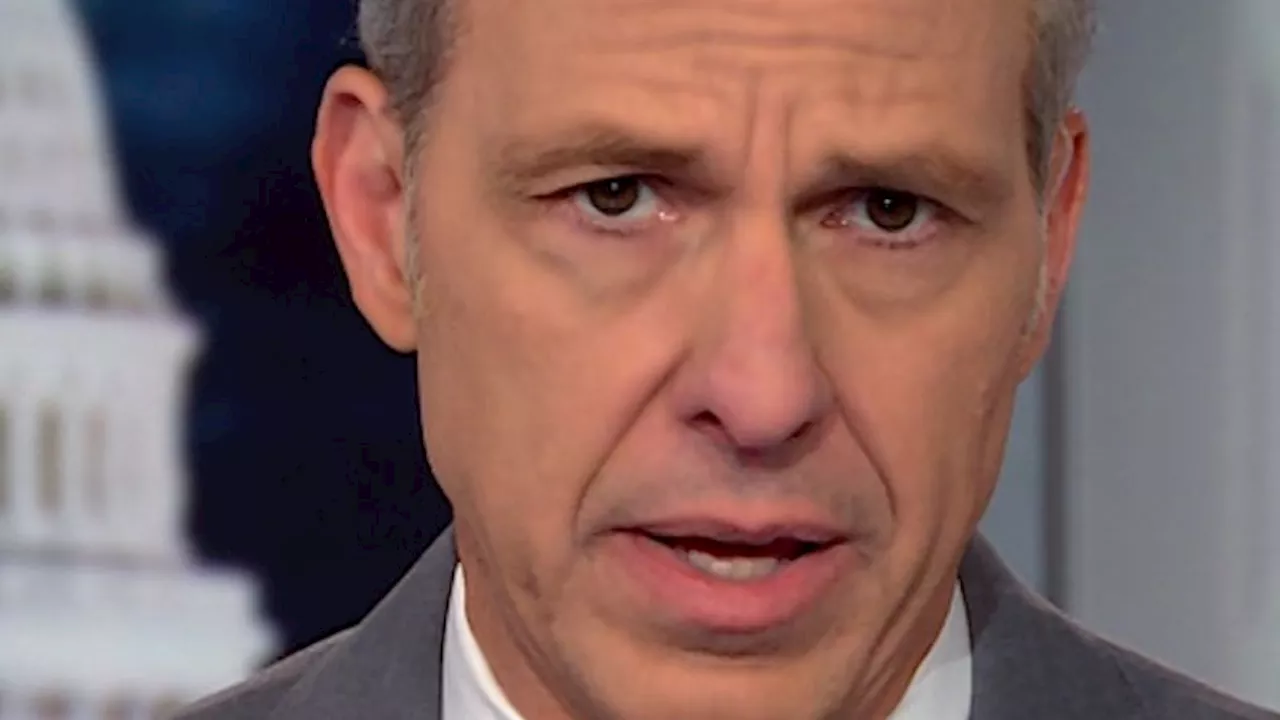Psychotherapist Jonathan Alpert has raised an alarming concern regarding the mental health of many Americans, stating that a significant number of his patients are experiencing what he describes as an obsession with former President Donald Trump. According to Alpert, approximately 75% of his patients exhibit a “deep hatred” for Trump, leading to detrimental effects on their daily lives.
In interviews, Alpert pointed out that these individuals often report feelings of trauma and sleeplessness linked to their fixation on political news. He noted a specific case of a patient who could not enjoy a vacation due to being constantly triggered by Trump’s media presence. Alpert characterized this as a “profound pathology,” suggesting it may be one of the defining issues of contemporary society.
Impact of Political Obsession on Mental Health
The phenomenon, often referred to as “Trump Derangement Syndrome,” has sparked considerable debate. Alpert’s observations highlight how political figures can significantly affect the mental well-being of the public. He stated, “They can’t sleep, they feel traumatized by Mr. Trump,” indicating that the emotional toll is not merely a light-hearted quip but a serious concern for many Americans.
Critics of the current political climate argue that such emotional disturbances reflect a broader issue within society. Some commentators have suggested that if similar conditions had existed decades ago, individuals exhibiting these symptoms might have faced institutionalization. This sentiment, while extreme, underscores the level of distress some individuals feel regarding political events and figures.
Political commentator Mark Halperin has also weighed in on this issue, asserting that a significant portion of the population appears to be struggling with this fixation, with estimates suggesting that as many as 5 million people may be affected.
Public Reactions and Societal Implications
The discourse surrounding the mental health implications of political obsession has led to varied public reactions. While some call for understanding and compassion, others express frustration toward those who cannot separate their emotional responses from political events. Online discussions often reflect a mixture of humor and concern, with some suggesting that prayer or spiritual intervention may help those struggling with these feelings.
The debate continues as mental health professionals and the public grapple with the implications of heightened political engagement on mental well-being. Alpert’s insights serve as a reminder of the intersection between politics and mental health, prompting a closer examination of how societal issues can deeply affect individual lives.
As the political landscape evolves, understanding the psychological impact of such environments will be crucial. The discussions initiated by professionals like Alpert may help to foster a more nuanced understanding of how political figures influence public sentiment and mental health in today’s society.







